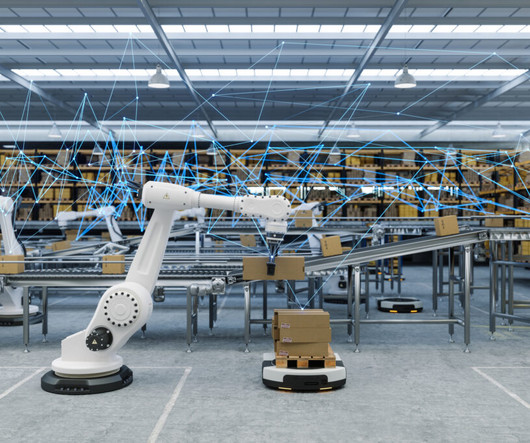Manufacturing Execution Systems: How MES Transforms Production Efficiency
Jaggaer
APRIL 9, 2025
Better compliance and traceability: MES ensures adherence to regulatory requirements by maintaining detailed records of production history, including raw materials, processes, and personnel. Faster time-to-market: By streamlining processes and improving production agility, MES helps manufacturers respond quickly to changing customer demands.











Let's personalize your content